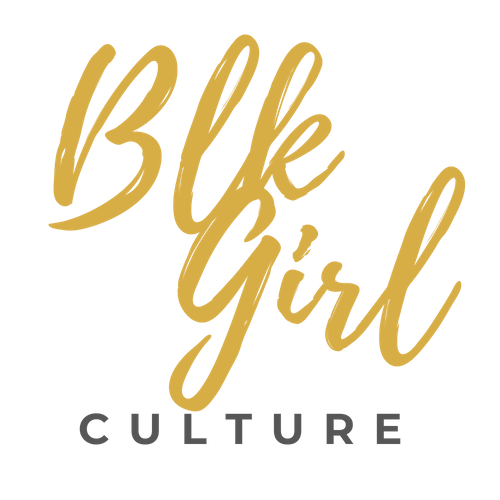"It Was Never About the Palette"
The title of this article is taken directly from a YouTube video of the same name by ItsHeyMorgan (if you’re unaware of who she is, I highly recommend her channel). ItsHeyMorgan typically does beauty and other lifestyle advice videos, however, this one struck me differently. In “It Was Never About the Palette,” she discusses the recent Anastasia Beverley Hills collaboration palette launched by none other than beauty icon Jackie Aina.
Beauty guru Jackie Aina
I won’t get into descriptive details of the video, but essentially, ItsHeyMorgan breaks down the key reasons of how Jackie Aina’s recent collaboration is more than another conglomeration of pretty ABH colors—it’s a pioneering feat in the fight for representation. In one of my favorite moments of the video, she says:
“The issue here is that there is a lack of demand and access for folks of color to do the exact same thing y’all fave influencers are doing. These are brands. Social platforms. They choose not to push the narrative and/or agenda of black and brown creators unless you fit this mold and conveniently marketable look: Be black, but not too black.” - ItsHeyMorgan
We see this phenomenon in everything that we do. From social media brands to the ads that we see on television, representation—especially for dark-skinned Back women—is severely lacking. For example, Fashion Nova, one of the most recognized and advertised fast fashion brands on social media, has been accused of colorism on numerous occasions. And it’s not at all difficult to see this discrimination for yourself. The Fashion Nova Instagram page remains full of women with lighter complexions. Not only this, but they all exhibit bodies of unrealistic proportions and standards. This type of marketing may seem harmless, yet this is what our society now deems as beautiful. And it is utterly disgraceful.
For the longest time in American history, Black women have been told that they are ugly—that their features are unruly and should be “tamed” into a more European ideal of beauty. Yet nowadays, some of the most influential figures in pop culture claim these characteristics—big lips, big butts, braided hair, etc.—as their own. The Kardashians are some of the biggest culprits. Whitney Alese writes about this in an article for Medium:
“And influencers, such as [Kim] Kardashian, stealing from a culture that is not their own is only fueling the cultural theft. She is a troublingly frequently and flippant cultural appropriator and, worse of all, refuses to acknowledge it as a problem ever. Being married to a Black Man and having what the world will consider Black Children does not make you entitled to Black Culture. It will always be problematic, no matter what she does or when she does it, especially given her flippant, ‘deal with it’ attitude.”
Black women are not represented, and yet their culture is consistently robbed from them by the white masses. And it has been this way for the longest time, even outside of the beauty world. The lack of representation follows into the realities of school and work. From personal experience of attending a PWI (Predominately White Institution), it is not uncommon for me to walk into a classroom and be the only person of color—much less the only Black woman. Is it disheartening? Sure. Is it a reality? Yes. This same message has been woven into the fabric of American society. The message that Black people are not meant to hold these positions. They are not meant to succeed. And they are definitely not meant to excel past the norm.
5-year-old Jacob Philadelphia touching President Barack Obama’s hair to see if it feels like his (The New York Times).
Representation is essential not only for us now but for future generations. If I could go back in time and tell myself as a child that there would be models, politicians, actresses, and leaders who looked like me, it would have changed my entire worldview. But I rarely saw those models, politicians, actresses, and leaders. Sure, I might see more today than before but it’s still very few. It’s up to us now to keep pushing the boundaries and to keep doing things that have never been done. Jackie Aina, for one thing, has done it with style.





